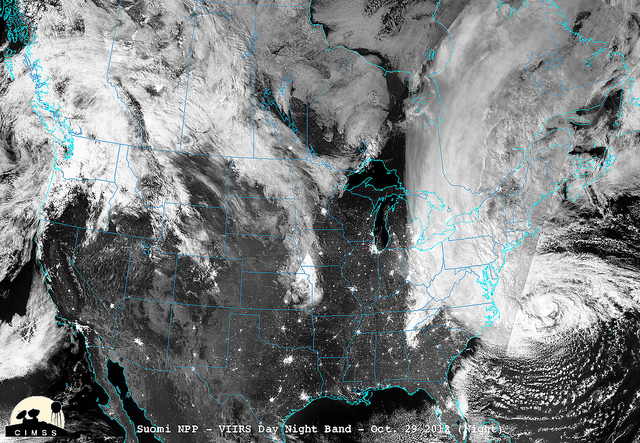Energy security planning helps achieve a robust, secure and reliable energy infrastructure that is also resilient. Delaware must be able to restore services rapidly in the event of any disaster. Energy security accounts for responses to disruptions as they occur (extreme weather, infrastructure failure) and for long-term measures that reduce overall risk to and vulnerabilities of critical energy infrastructure.

The Delaware Energy Security Plan is a comprehensive manual for state government leaders charged with the responsibility of ensuring the health, welfare, and safety of the citizens of the state during periods of energy emergencies.
The plan describes the way the state will respond if an energy shortage of a substantial nature occurs or appears imminent.
Delaware Energy Security Plan Archives
The Department of Natural Resources and Environmental Control (DNREC), the Delaware Emergency Management Agency (DEMA), and the Delaware Public Service Commission (PSC) work in close consultation during energy emergency shortages.
DNREC’s Division of Climate, Coastal and Energy is the lead agency for energy emergency planning. The DEMA director is the primary advisor to the governor in an emergency/energy crisis.

An “energy emergency” is an actual or impending shortage or curtailment of usable, necessary energy resources, such that the maintenance of necessary services, the protection of public health, safety, and welfare, or the maintenance of a basically sound economy is imperiled in any geographical section of the state.
The Delaware Energy Security Plan guides timely and coordinated notification to state government, private sector entities, institutions, the media and residents in the state if an energy emergency should occur, and defines appropriate actions to be taken, including enactment of regulations, rules, laws, and other actions by the state.
The state enabling legislation for the plan (20 Del.C. Chapter 31) provides for development of standby state energy conservation plans to reduce energy demand by regulating public and private consumption of energy during a severe energy supply interruption.
Federal authority for preparing the Delaware Energy Emergency Response Plan is based on the U. S. Public Law 94-163, Section 362, of 1975.
Submit by email to Tom Noyes.
Contact the Division of Climate, Coastal and Energy (302-735-3480) prior to submitting the form, to ensure timely return.
Federal safety rules limit the amount of time a driver may operate a large truck. Delaware law (21 Del.C. § 4707) and federal regulations allow the state to grant limited waivers of this restriction in emergency situations.
Under the law, the director of the Delaware Emergency Management Agency (DEMA) may grant a waiver to the federal 60/70-hour motor carrier driving rule, for a period not exceeding three consecutive days, to any motor carrier engaged in energy supply deliveries such as heating oil and liquefied petroleum gas, based on criteria established by the Division of Climate, Coastal and Energy.
The exemptions allow fuel drivers to deliver critical heating supplies to their customers during times of severe weather or other circumstances causing delays in travel time to a customer’s tank location. Some types of emergencies considered in the issuance of such waivers include hurricane, ice storm, snow storm, and explosion.
DNREC and DEMA will work together to review waiver requests as they come in, with the goal of same-day response to requests made during regular business hours (Monday through Friday, 8:00 a.m. to 4:30 p.m.).
Related Topics: climate, emergency, energy, energy security, planning, response, sustainability